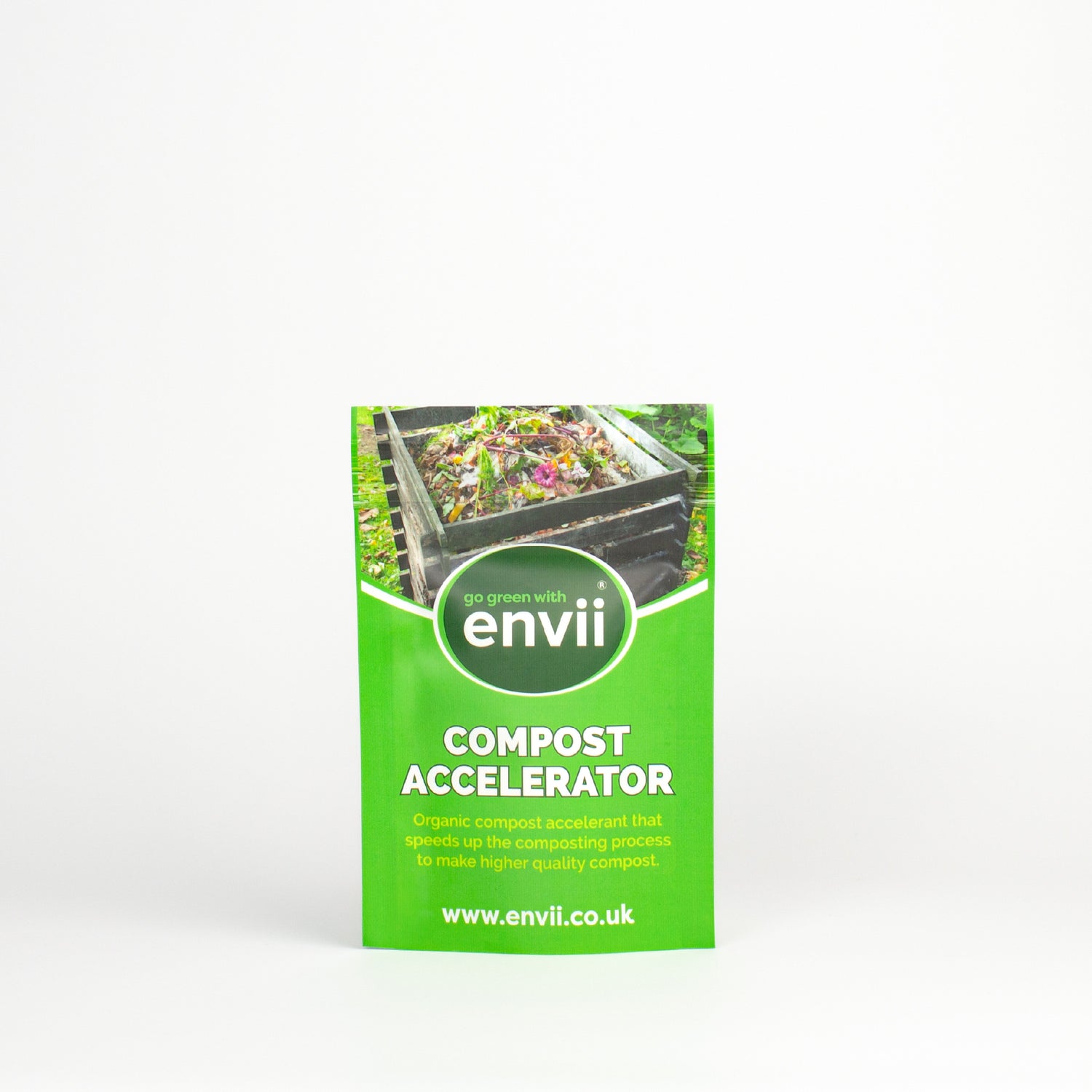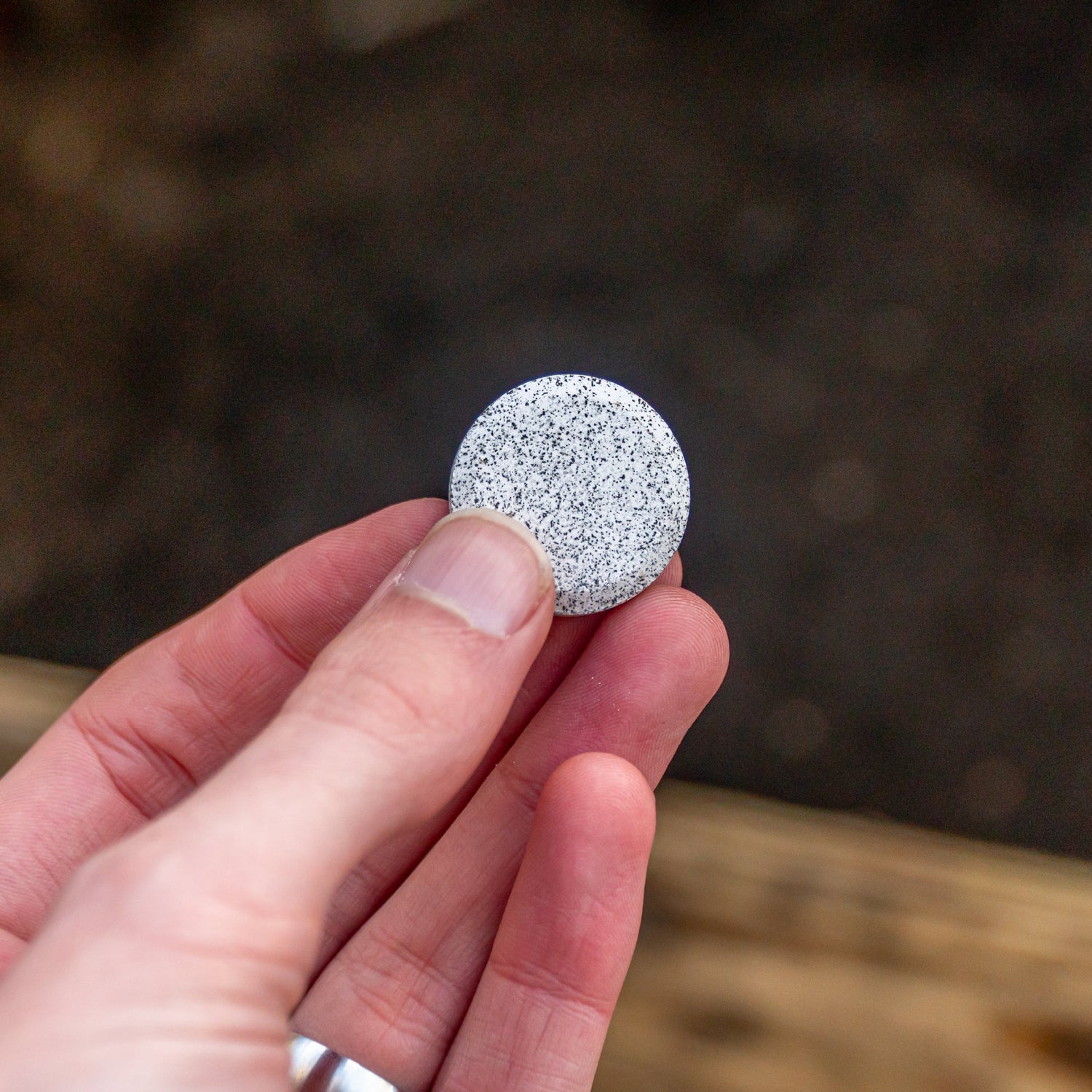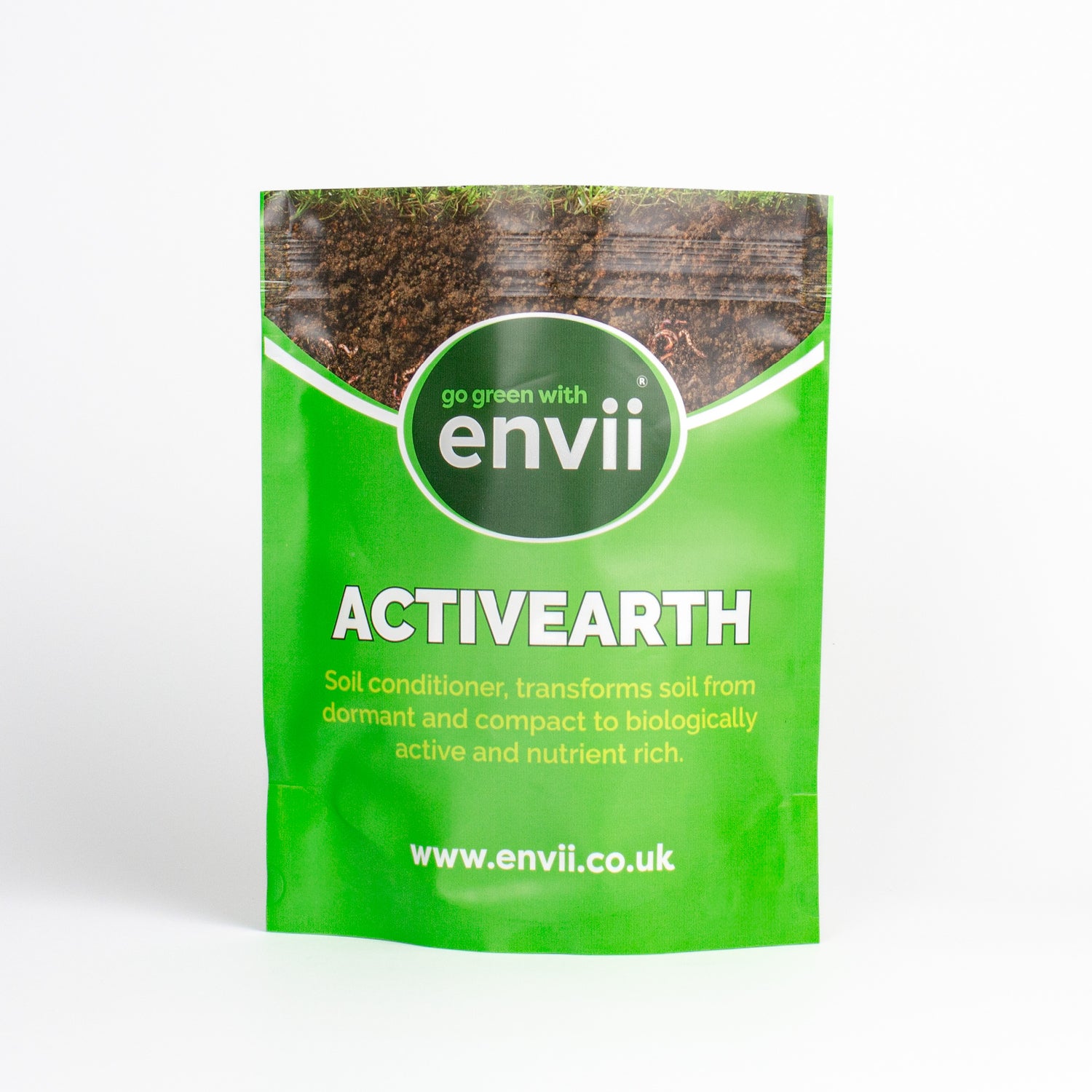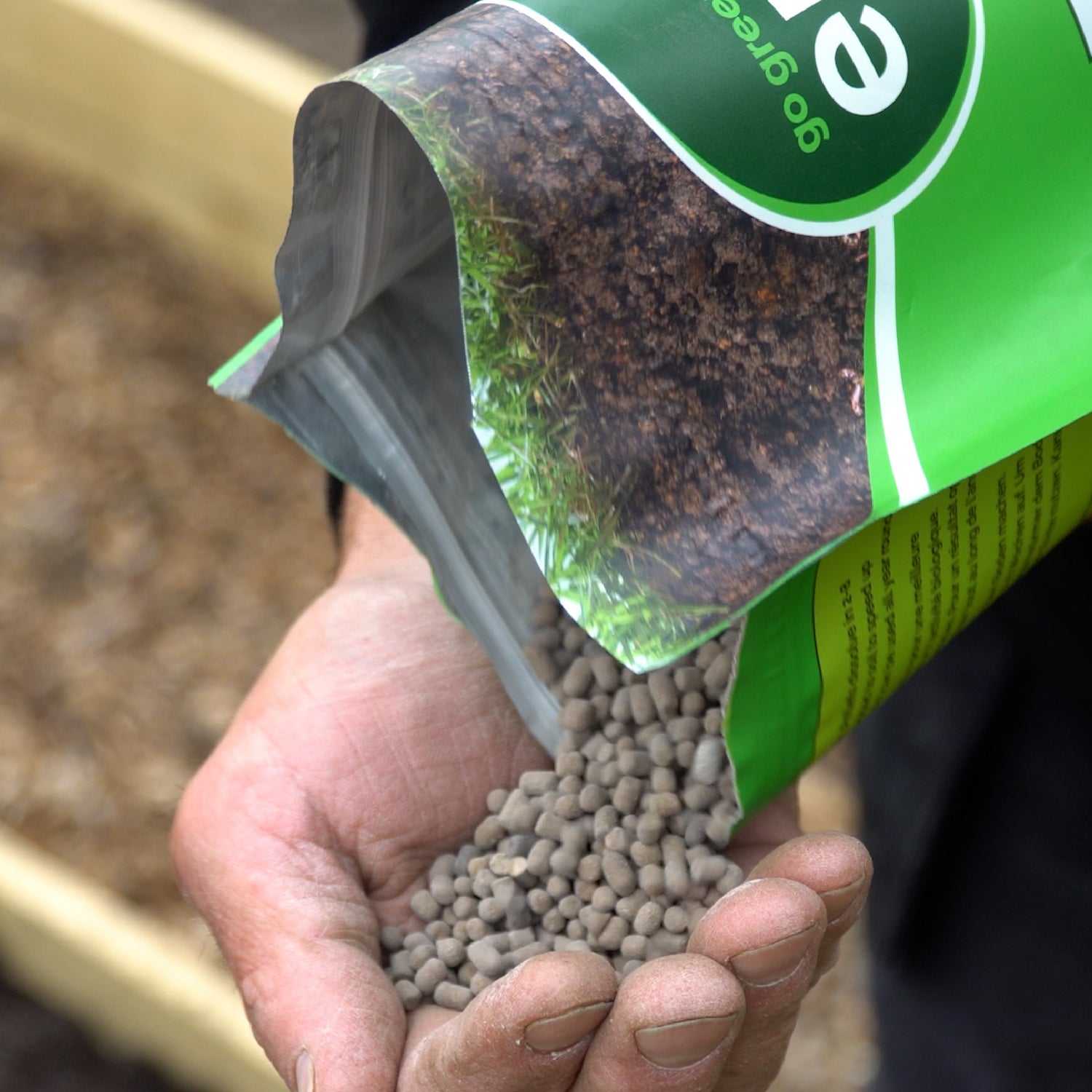While they may not be glamorous, earthworms are the quiet powerhouses beneath our feet.
Think of them like a workforce you never hired and never have to pay. They may look like simple creatures, but they’re actually miniature scientists. They’re perfectly happy tilling soil, recycling nutrients, and turning your garden into a thriving ecosystem. If you’ve ever wondered why healthy soil seems to wriggle with life, the answer might just be earthworms.
Earthworms can be active throughout the year but are usually dormant through the really cold, or hot and dry weather.
There are also estimated to be around 30 species of earthworms, and around 16 of these will be found in household gardens, according to the RHS.

So, what do earthworms do?
Earthworms improve your soil health in a variety of ways, from reducing waterlogged grass to new and healthy plant growth. They also provide a valuable food source to birds, hedgehogs and other wildlife, adding to a balanced ecosystem.
Whilst getting on with their lives, hiding underground, moving from one spot to another, worms create small burrows through the soil. These burrows allow air and water to penetrate deeper into the soil, improving soil structure and preventing waterlogging. When you’re aerating the soil yourself, remember that this is exactly what worms are doing; they’re helping you out without being asked.

Earthworms digest dead plant material, such as leaves and cut grass, and excrete it as nutrient-rich waste called worm casts. These casts contain essential nutrients like nitrogen and phosphorus, increasing soil fertility for plants. Nitrogen and phosphorus are important elements for photosynthesis and cell development for new plants. By decomposing this dead garden matter and releasing valuable nutrients into the soil, they are aiding new compost formation.
How can I encourage earthworms to my garden?
Let plants die down naturally in winter, rather than de-heading and throwing away, and don't be too quick to clear fallen dead leaves from the soil, unless they are diseased. Leave small stacks of logs, sticks or woody prunings directly on the soil as these will eventually decompose into worm food. Add compost, leaf mould, and mulch in areas. You can also make specific additions like vegetable peelings, coffee grounds, and cardboard, as these are excellent food sources
Worms prefer moist soil, so water the ground before adding mulch and periodically check and water if it gets dry.
Instead of digging, layer organic matter on top of the soil and allow the worms to work it in naturally. Worms also dislike compacted soil, as they cannot burrow through. Use a garden fork to loosen compacted soil, creating better conditions for worms to move.
To find out more about how you can create a “no-dig garden” and create a thriving soil eco-system, perfect for earthworms, read our No-Dig Gardening: The Ultimate Guide.

To give the worms in your garden a helping hand to get them off to a good start, try using Activearth. A powerful soil improver designed to enhance plant growth and soil health. Packed with essential nutrients like calcium and magnesium, Activearth supports natural processes that nourish your soil and boost plant performance. The nutrients and beneficial bacteria encourage earthworms to break down organic matter in the soil naturally. While the earthworms will create channels that improve root growth and drainage, the beneficial bacteria promote root strength and protect plants from harmful pathogens.

So, the next time you’re asked, what do earthworms do? Remember, earthworms may be small, but the impact they have on a garden is huge. From loosening compacted soil to enriching it with nutrients, they create the perfect environment for strong, healthy plants. The good news is that encouraging them doesn’t take much. With a little care, you’ll not only attract more of these natural soil builders but also enjoy a garden that thrives with less effort. After all, a lively population of earthworms is one of the best signs of a truly flourishing garden.





